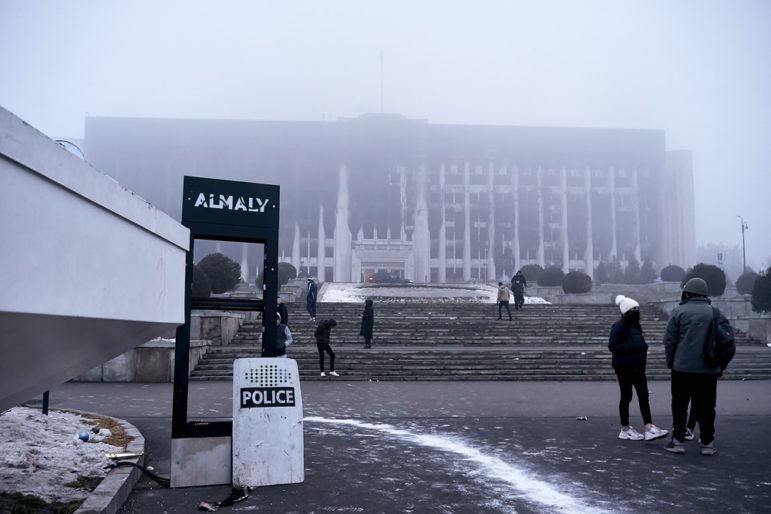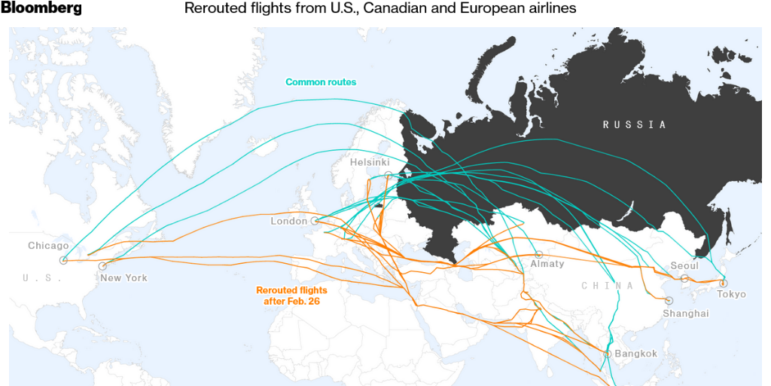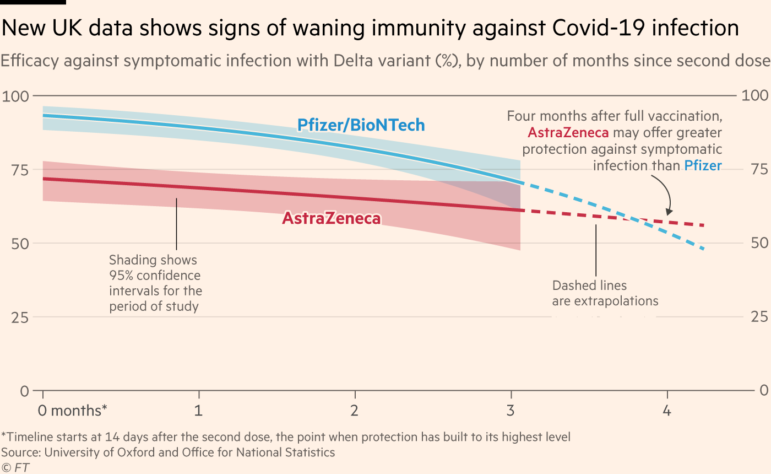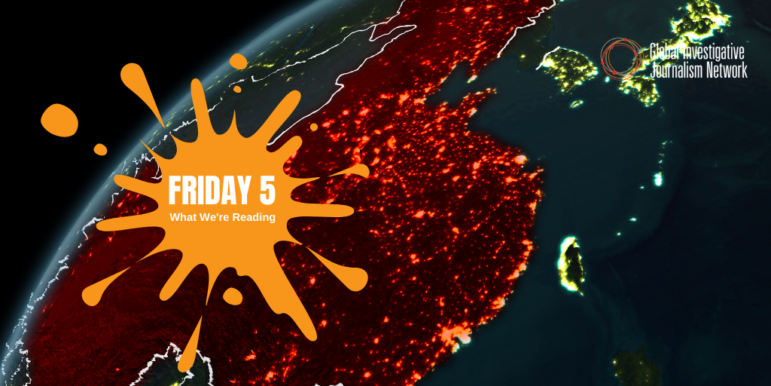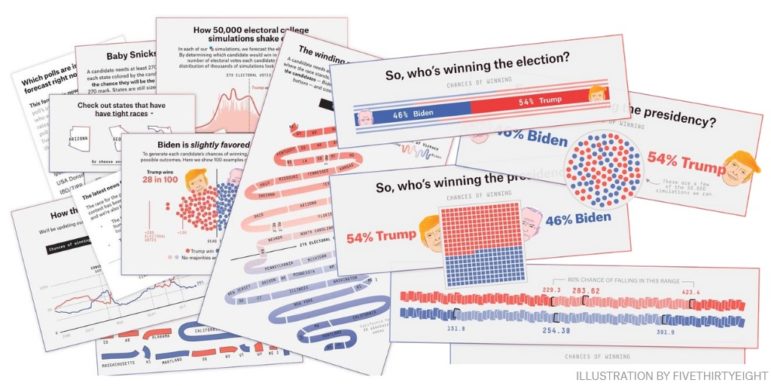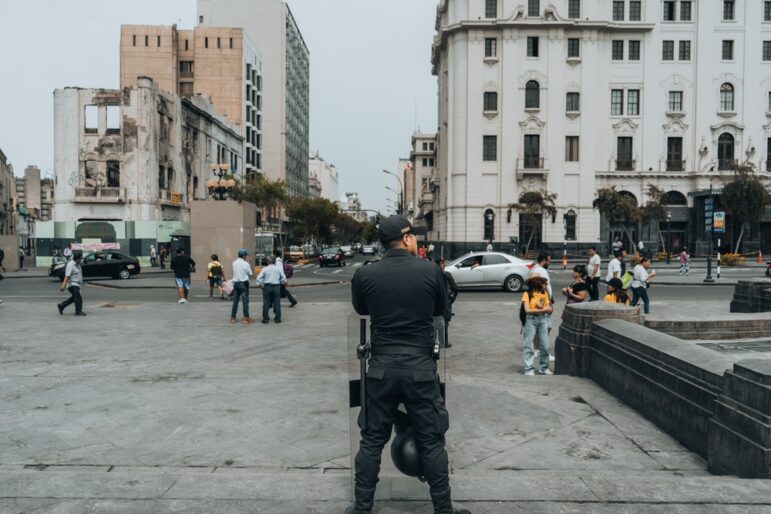
News & Analysis Safety & Security
Peru’s Investigative Journalists Carry On Amidst Disinformation, Attacks, and Political Crisis
Amidst disinformation and numerous attacks on press freedom, investigative reporting has all but disappeared from Peru’s major news outlets, leaving a handful of small nonprofit digital outlets to carry the mantle of accountability reporting.

